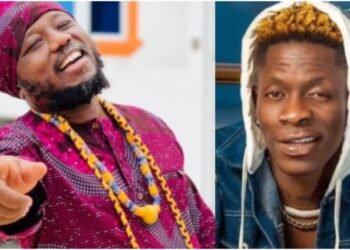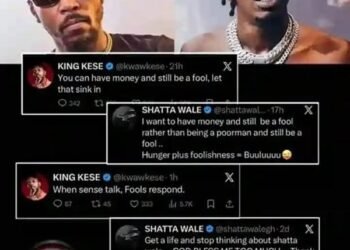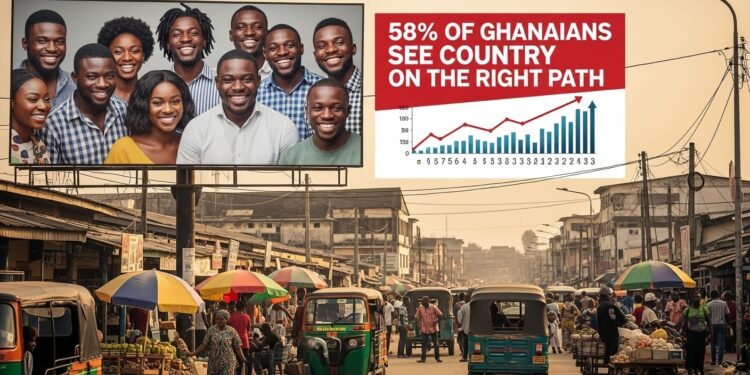The profitability of singing against rap varies widely depending on factors such as talent, popularity, market demand, and individual success.
Both singing and rap have the potential to be lucrative, but the level of financial success differs for each artist.
Singing traditionally covers a broader range of musical genres, which can increase the potential for mainstream commercial success.
Singers often have opportunities to release albums, perform at concerts, secure endorsement deals, and explore other avenues like acting or fashion. Singing careers span genres such as pop, rock, R&B, country, and more, providing different avenues for monetary success.
On the other hand, rap has experienced significant commercial success in recent years, with many rap artists topping charts and achieving global fame.
The rise of streaming platforms and the increasing popularity of rap music have opened up more avenues for exposure and monetization. Rap artists can generate revenue through record sales, streaming, touring, merchandise sales, brand partnerships, and collaborations.
Rapper and producer E.L. recently weighed in on the growing trend of Ghanaian rappers transitioning to singers.
E.L. acknowledged the shift in the music landscape, noting that while rapping still thrives, singing has emerged as a more lucrative avenue, considering market demand.
He pointed out the audience’s preference for singing and further explained the rationale behind the shift by sharing insights from his own experience.
“The attention span of the current market is very small. Nobody has the time to listen to a lot of words, content, and stuffing in the song. I believe that in this echo system in which we are in, we just want to have fun. A lot of people just want to listen to a catchy song, lyrics, and a danceable tune, especially in Ghana, Nigeria, and West Africa at large.
“The rap thing does not have a foothold here. In South Africa for example, they have built the rap industry around the rap narrative. Rappers use rap to get into the door, but once they realize the environment they’re in, they switch real quick. I came into the industry as a rapper, when we had a lot of mixtapes, but once I began to see some progress, I decided to sing. This was because I realized hit songs came from singing,”
E.L.

Also, award-winning highlife musician, Kofi Kinaata, opened up about his decision to transition from rap music to singing.
The talented artist explained that his collaboration with the late musician Castro introduced him to a new audience, which made him reconsider his music style.
Kinaata disclosed that after working on the ‘Odo Pa’ song with Castro and Asamoah Gyan, he noticed that his singing was more widely accepted than his rap music.
“It’s Fante rap, and people did not really understand the language, so you have to get some melodies. My first singing also attracted more attention, people loved it, and it was moving faster than the rap music.”
Kofi Kinaata
Ultimately, the profitability of singing against rap depends on individual talent, dedication, and marketability. Many factors include the artist’s unique style, branding, timing, and ability to connect with an audience.
It’s important to note that success in the music industry can be challenging regardless of the genre, and it often requires a combination of talent, hard work, and perseverance.
Ghanaian Rappers and Catchy Songs

Making songs more rhythmic and catchier indeed helps Ghanaian rappers attract a wider audience in Ghana. Catchy and rhythmic songs often have a universal appeal and are more likely to resonate with listeners.
A catchy chorus or hook instantly grabs listeners’ attention making the song more memorable and having a lasting impact.
Ghanaian music is rich in traditional rhythms and sounds which include elements of highlife, hiplife, or other traditional Ghanaian music genres giving the songs a distinct local flavor that resonates with the audience.
Utilizing a variety of instruments and sounds to create a unique and captivating sonic landscape by combining traditional and modern instrumentation creates an interesting fusion that appeals to a wider range of listeners.
Writing lyrics that reflect the experiences, aspirations, and challenges of the Ghanaian audience establishes a stronger connection with listeners. Addressing themes that resonate with the local culture makes the songs more relatable and appealing.
Artiste manager Nana Poku Ashis appealed to rappers in Ghana to make their songs more melodic.
He stated that the taste of the younger generation is evolving, hence, musicians needed to craft songs that were brief, rhythmic, and catchy to quickly grab the listener’s attention.
“Back in the day, you could play music for more than 5 to 6 minutes, But today, they go for just 2 minutes. What time do you as an artist, have to express yourself? So they have to put it together rhythmically for it to become easy for people to catch.”
Nana Poku Ashis
Creating appealing music is subjective, and there’s no one-size-fits-all approach. Ghanaian rappers need to experiment, find their unique style, and stay true to their artistic vision while considering the preferences of their target audience.
READ ALSO: Professor Naana Jane Outlines NDC’s Vision for a Transformed Ghana























